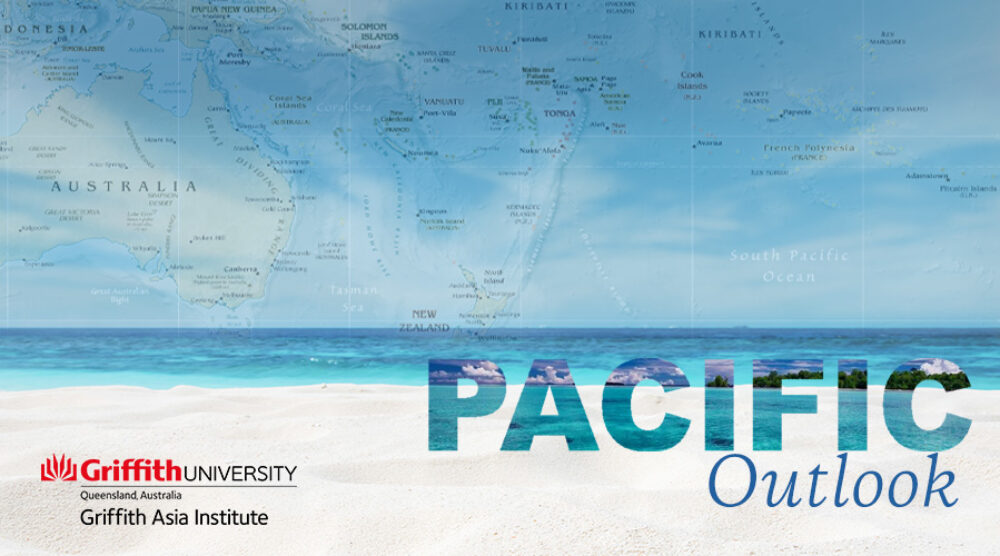Papua New Guinea and Solomon Islands strengthen relations
Papua New Guinea and Solomon Islands have signed treaties to strengthen relations between their countries. A number of announcements were made during a state visit to Solomon Islands by the Prime Minister of PNG, James Marape. He reconfirmed that his government would provide support to the Sogavare government for hosting the Pacific Games in 2023. He also announced that PNG would sponsor 50 scholarships annually for students from Solomon Islands for the next five years. Prime Minister Sogavare called for greater collective action among Pacific island countries to address challenges posed by the impacts of climate change. He also said that leaders and countries need to work together to address the threats posed by the non-communicable disease crisis in the region. Exploring how business links between the countries can be enhanced was also a feature of the visit.
American Samoa cancels meeting of the Polynesian Leaders’ Group
American Samoa has cancelled a meeting of the Polynesian Leaders’ Group. The meeting was deferred from January to April because of the measles outbreak that affected member countries, most notably Samoa. Authorities have now said that the meeting will not go ahead at all because of concerns relating to COVID-19. American Samoa had been expected to host the meeting in 2019. However, Tuvalu agreed to take on that responsibility in conjunction with hosting the meeting of Pacific Islands Forum leaders in August of last year. Elsewhere in the region, authorities are taking extra precautions in attempts to prevent COVID-19 spreading to their countries. Samoa has reduced the number of flights that can operate in and out of the country. Vanuatu and Tonga have turned away cruise ships that were scheduled to make calls in those countries.
Samoa hosts historic UN meeting
Samoa is hosting an historic UN meeting. The 84th Extraordinary Outreach Session of the Committee on the Rights of the Child is being held in Apia this week. It is the first time that a UN treaty body has held a formal meeting outside New York or Geneva. Given the location of this meeting, the focus is very much on the Pacific and how the rights of children can be better protected in this part of the world. Having the meeting held in the region meant that for the first time, members of the committee could hear directly from Pacific children. Meanwhile, in Fiji, there has been a great deal of concern about bullying in schools further to the release of a video on social media of a group of students apparently beating another child at a prominent boarding school.
Morocco hosts Pacific countries in Layounne
Morocco has hosted a third meeting of Pacific countries in Layounne (also known as El Aouin). Among the countries that were represented were Papua New Guinea, Tonga, and Vanuatu. The discussions at the summit appear to have included commitments to greater assistance for Pacific countries from Morocco. Areas for mutual cooperation include education, agriculture and tourism. However, more controversially, the Moroccan leadership has since claimed that this meeting supported its position on the disputed territory of Western Sahara. This comes as the UN Human Rights Council was told that the global community was ‘ignorant and silent’ on the issue of the military occupation of Western Sahara. A statement released by the Polisario group, who advocate for independence for Western Sahara, has sought to undermine the significance of this meeting by thanking those Pacific island countries who did not attend. The forum will reconvene in 2023.
Vanuatu election campaigns get underway
In Vanuatu, election campaigns are underway. Despite a delay in the announcement of the official list of eligible candidates by the Electoral Commission, campaigning was able to commence during March 3rd. The campaign period will end at midnight on March 16th ahead of polling day on March 19th. Vanuatu has a unicameral Parliament comprising of 52 seats. There are expected to be around 300 candidates contesting. Whilst some will campaign under the banner of established parties, there are also new parties taking part in these elections. There is also a significant number of independent candidates taking part, including some women. In the first decade after independence in 1980, the Vanua’aku Pati was able to form government in its own right. Since then Vanuatu politics has become more fractured with coalition governments becoming the norm. This is expected to continue after these current elections.
Tess Newton Cain is an Adjunct Associate Professor at the Griffith Asia Institute.








